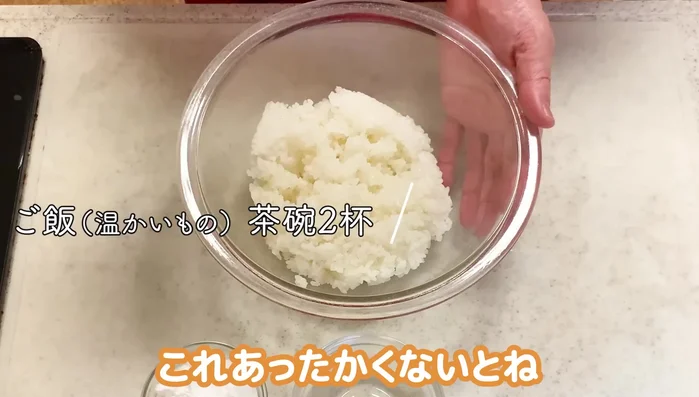Gohei mochi, a traditional Japanese sweet treat, offers a delightful balance of chewy texture and subtly sweet flavor. These small, cylindrical rice cakes are a popular street food and a comforting snack enjoyed throughout Japan. Their simple ingredients – just glutinous rice flour, water, and sugar – belie the satisfyingly unique mouthfeel that makes them so addictive. The slightly sticky exterior gives way to a soft, almost melt-in-your-mouth interior, making them a truly unforgettable culinary experience. Their versatility also shines through, as they can be enjoyed plain, coated in sweet soy sauce (as in this recipe), or paired with various toppings.
This recipe guides you through creating perfectly chewy gohei mochi from scratch, ensuring a delicious result even for novice cooks. To learn how to achieve this delightful texture and unlock the secrets to perfectly formed gohei mochi, let's dive into the simple step-by-step process outlined below.
Tools Needed
- Mortar and pestle (or similar mashing tool)
- Microwave
- Frying pan
- Plastic wrap
Ingredients
- Rice
- Potato starch
- Miso
- Sugar
- Soy sauce
- Sesame oil
- Hot water
Step-by-Step Instructions
Step 1. Prepare the Mochi Dough
- Prepare warm cooked rice. This is crucial for proper mashing.
- Add potato starch to the warm rice. This is key for the chewy texture.
- Mash the rice thoroughly using a pestle or similar tool. Wrapping the rice in plastic wrap will prevent sticking.
- Roll the mashed rice into small balls (approximately 6 per serving). Keep your hands wet to prevent sticking.




Step 2. Make the Sweet Miso Glaze
- Mix miso, sugar, soy sauce, and a little water. Heat it in the microwave until it bubbles and thickens slightly (about 1 minute).

Step 3. Cook the Mochi Balls
- Heat a frying pan (add sesame oil for a crispier result). Add the rice balls and cook for approximately 2-3 minutes per side until golden brown.

Step 4. Assemble and Serve
- Spread the cooled sweet miso paste generously over the cooked rice balls.

Read more: Ochazuke Recipe: Easy Japanese Green Tea Rice Bowl
Tips
- The amount of mashing is a matter of preference. Some lumps are okay; it's still delicious when smooth.
- Make the sweet miso paste ahead of time; it can be stored in the refrigerator for over a week.
- Experiment with different flavors in your miso paste! Add ginger, chili flakes, sesame seeds, nuts, green onions, or even a touch of ketchup.
- Cooking with your hands can be therapeutic, especially when you're feeling tired.
Nutrition
- Calories: varies
- Fat: variesg
- Carbs: variesg
- Protein: variesg
FAQs
1. Can I use regular rice flour instead of glutinous rice flour?
No, glutinous rice flour (also known as sweet rice flour or mochiko) is essential for the chewy texture of gohei mochi. Regular rice flour will not produce the same result.
2. How do I store leftover gohei mochi?
Store leftover gohei mochi in an airtight container in the refrigerator for up to 3 days. You can reheat them gently in the microwave or a toaster oven.
Making gohei mochi is a rewarding experience, resulting in a delicious and comforting treat. Enjoy the satisfying chewiness and subtle sweetness of your homemade rice cakes, perfect as a snack or a light dessert. We hope you enjoy this taste of traditional Japan!
